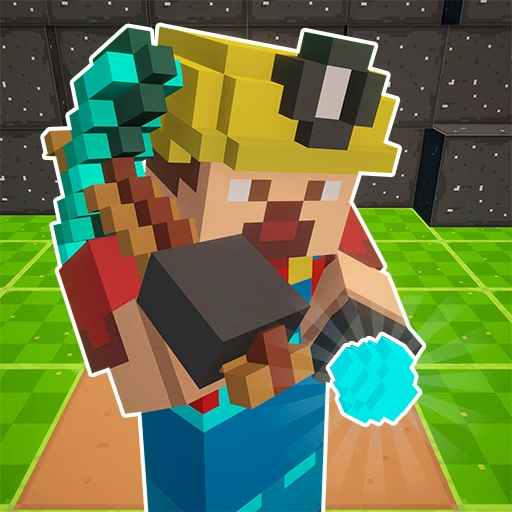Introduction:
Are you fascinated by the ever-evolving world of web development? Do you aspire to become a master architect of the digital realm? If you’re ready to embark on a thrilling journey towards a career in web development, then you’ve come to the right place! In this comprehensive guide, we’ll lay out all the steps you need to take to earn a web development degree. So, fasten your seatbelts and get ready to unlock a world of possibilities!
Table of Contents:
1. Why Pursue a Web Development Degree?
2. Choosing the Right Web Development Degree Program
3. The Core Curriculum: What to Expect
4. Mastering the Art of Coding
5. Expanding Your Skillset: Elective Courses and Specializations
6. Hands-on Experience: Internships and Capstone Projects
7. Building Your Portfolio
8. Nailing the Job Hunt
9. Continuing Education and Professional Development
10. Web Development Hacks and Tips
Section 1: Why Pursue a Web Development Degree?
Are you still unsure about whether or not you should pursue a web development degree? Let’s dive in and explore the compelling reasons behind this decision. With the digital landscape continually growing, companies are on an endless quest for skilled web developers who understand the intricate web technologies and can craft visually stunning and highly functional websites.
Section 2: Choosing the Right Web Development Degree Program
To ensure a successful educational journey, the first step is choosing the right web development degree program that aligns with your goals, learning style, and preferences. Consider factors like accreditation, curriculum, faculty expertise, and practical experience opportunities before making your final decision.
Section 3: The Core Curriculum: What to Expect
Once enrolled in a web development degree program, you’ll encounter a range of core courses designed to equip you with a strong foundation in this dynamic field. From front-end development to back-end programming, these courses will immerse you in HTML, CSS, JavaScript, databases, and more.
Section 4: Mastering the Art of Coding
Coding lies at the heart of web development, and becoming fluent in various programming languages is crucial for success. Embrace the challenge of learning languages like Python, Java, and PHP, as each has its own unique strengths for different web development tasks.
Section 5: Expanding Your Skillset: Elective Courses and Specializations
To truly stand out from the crowd, consider taking elective courses or specializing in a specific aspect of web development. Opportunities may include UI/UX design, mobile app development, e-commerce, data analytics, or cybersecurity. Tailor your education to match your interests and career ambitions!
Section 6: Hands-on Experience: Internships and Capstone Projects
As you progress through your degree program, take full advantage of internship opportunities and capstone projects to gain real-world experience. These practical experiences offer invaluable insights and the chance to collaborate with industry professionals, helping you build a solid network while enhancing your portfolio.
Section 7: Building Your Portfolio
In the world of web development, your portfolio speaks louder than words. Showcase your skills, creativity, and versatility by building an impressive portfolio website that demonstrates your ability to create stunning, user-friendly websites. Use this platform to highlight your projects, coding prowess, and any unique contributions you’ve made.
Section 8: Nailing the Job Hunt
Armed with your web development degree and a top-notch portfolio, it’s time to conquer the job market. Leverage your network, research potential employers, and let your passion shine through during interviews. Be prepared to showcase your technical expertise, problem-solving skills, and ability to collaborate effectively.
Section 9: Continuing Education and Professional Development
Web development is an ever-evolving field, and it’s crucial to stay up-to-date with the latest trends, techniques, and technologies. Consider pursuing certifications or attending workshops and conferences to enhance your knowledge and ensure that you remain a desirable candidate in this rapidly changing industry.
Section 10: Web Development Hacks and Tips
– Join web development communities and forums to connect with fellow enthusiasts and expand your knowledge.
– Take advantage of online tutorials, coding challenges, and platforms like GitHub to practice, improve your coding skills, and collaborate on open-source projects.
– Embrace a growth mindset and be prepared to face challenges head-on. Develop resilience and learn from failures along the way.
Conclusion:
Congratulations on your decision to pursue a web development degree! By following the steps outlined in this comprehensive guide, you are embarking on a path that can lead to a fulfilling and lucrative career in a constantly evolving industry. Remember, success comes to those who are passionate, dedicated, and willing to learn continuously. Embrace the journey, and let your creativity and coding skills shape the digital world!


